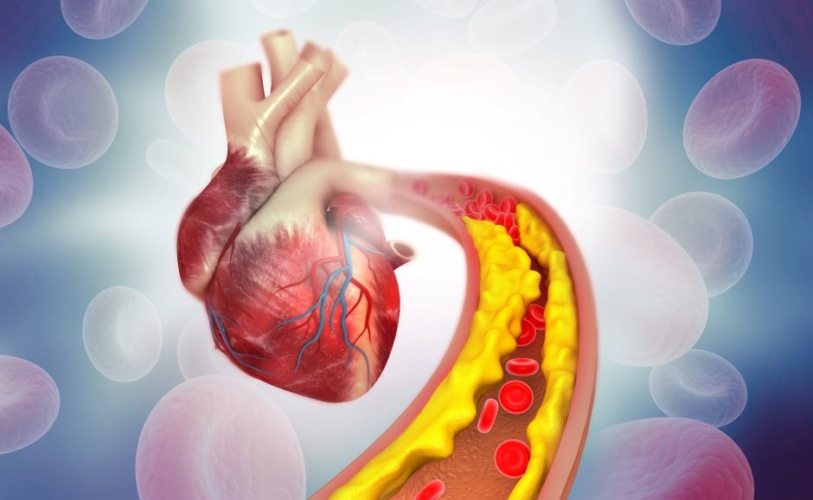AI-enabled tool predicts likelihood of heart attack
An artificial intelligence-enabled tool could make it easier to predict if a person will have a heart attack.

This is the claim of researchers from Cedars-Sinai, Los Angeles, whose tool predicted which patients would experience a heart attack in five years based on the amount and composition of plaque in arteries supplying blood to the heart. The team’s results are described in The Lancet Digital Health.
Plaque build-up can cause arteries to narrow, making it difficult for blood to get to the heart and increasing the likelihood of a heart attack. Currently, a medical test - coronary computed tomography angiography (CTA) - takes 3D images of the heart and arteries and can give doctors an estimate of how much a patient’s arteries have narrowed. Until now, there has not been an automated and rapid way to measure the plaque visible in the CTA images.
"Coronary plaque is often not measured because there is not a fully automated way to do it," said Damini Dey, PhD, director of the quantitative image analysis lab in the Biomedical Imaging Research Institute at Cedars-Sinai and senior author of the study. "When it is measured, it takes an expert at least 25 to 30 minutes, but now we can use this program to quantify plaque from CTA images in five to six seconds."
Register now to continue reading
Thanks for visiting The Engineer. You’ve now reached your monthly limit of news stories. Register for free to unlock unlimited access to all of our news coverage, as well as premium content including opinion, in-depth features and special reports.
Benefits of registering
-
In-depth insights and coverage of key emerging trends
-
Unrestricted access to special reports throughout the year
-
Daily technology news delivered straight to your inbox










Water Sector Talent Exodus Could Cripple The Sector
Maybe if things are essential for the running of a country and we want to pay a fair price we should be running these utilities on a not for profit...